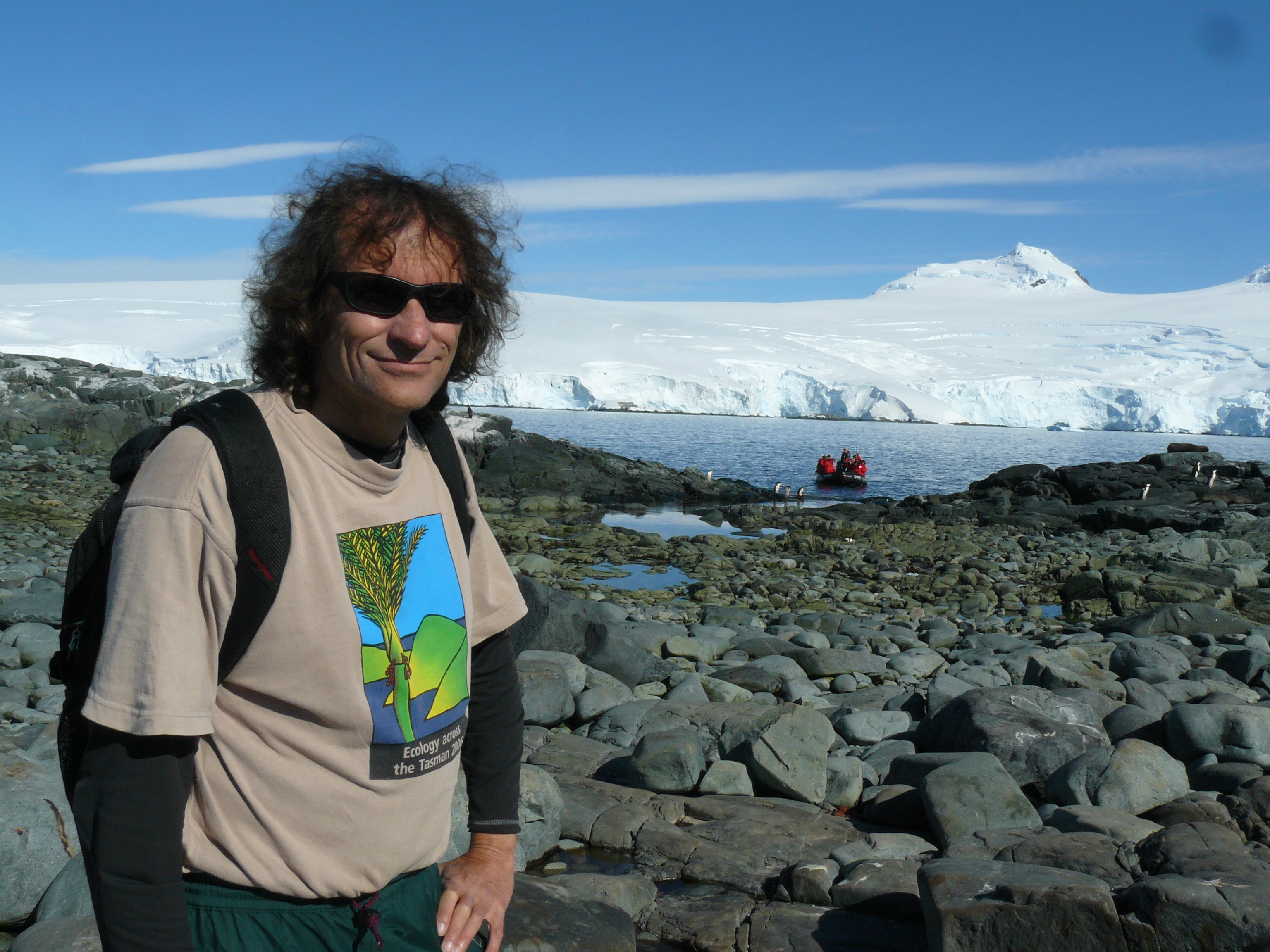2019 Category Winners
Category 1: Excellence in Mathematics, Earth Sciences, Chemistry or Physics
Payne-Scott Professor Nalini Joshi AO FAA
The University of Sydney
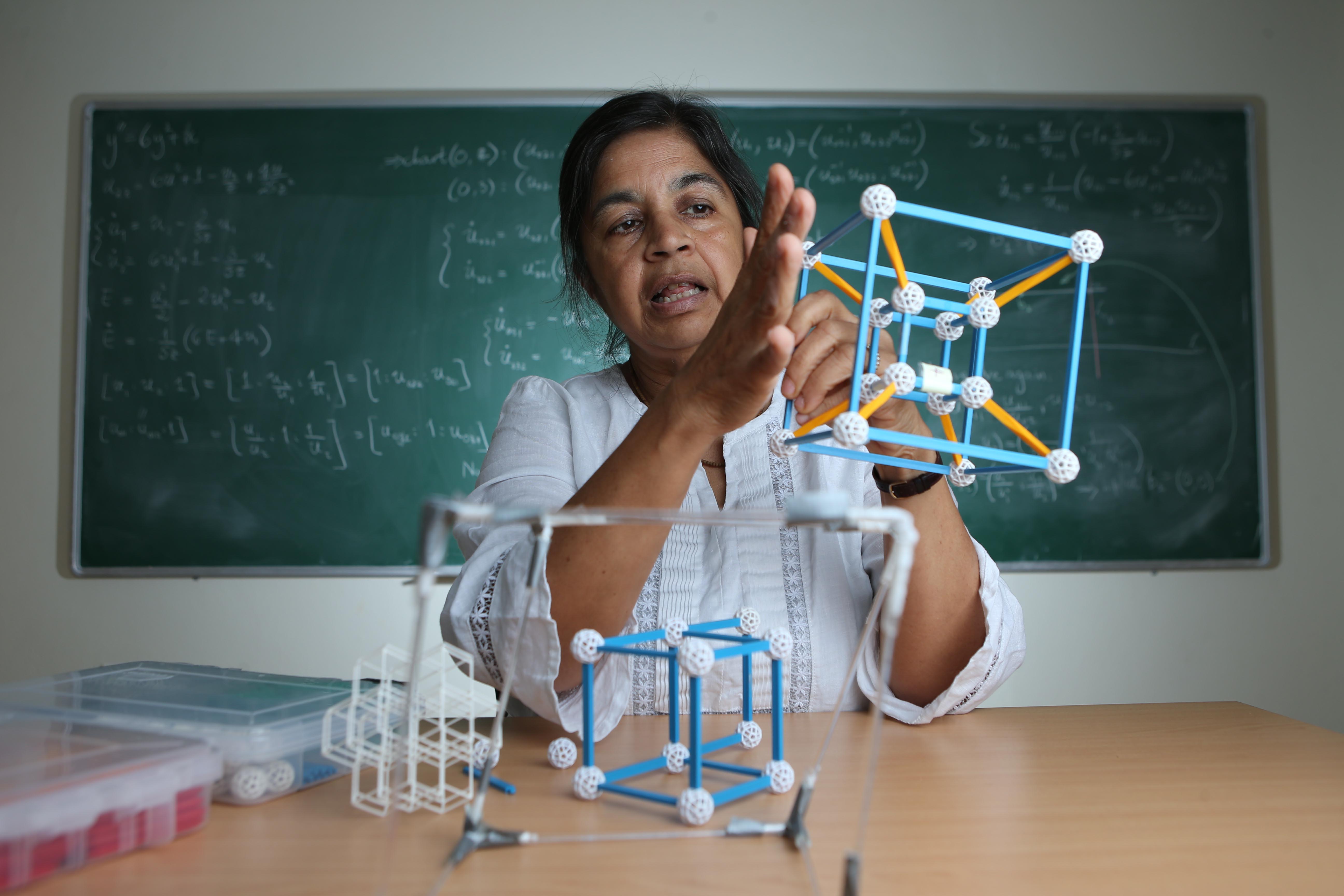
Nalini was born and spent her early childhood in Burma, before her family emigrated to Australia. She completed a BSc at the University of Sydney and a PhD in applied mathematics at Princeton University.
Her research focuses on mathematical methods to study nonlinear systems that arise as universal models in modern physics. Nalini has developed precise definitions of elusive functions, enabling descriptions that extend to the whole domain of existence. They relate behaviours before and after critical transition points in applications such as spontaneous magnetisation in metals and water waves with surface tension. Her new methodologies have uncovered hidden information across multiple fields, stimulating mathematicians across the globe to take up significant new research directions.
Nalini's research achievements have led to several distinctions. She was elected as a Fellow of the Australian Academy of Science in 2008, won an Australian Research Council Georgina Sweet Australian Laureate Fellowship in 2012, was the 150th Anniversary Hardy Fellow of the London Mathematical Society in 2015, a US CBMS-NSF lecturer in 2016 and will be taking up a Leverhulme Trust Visiting Professorship in 2020.
Nalini also has a keen interest in diversity. She was foundation co-Chair of the Science in Australia Gender Equity national initiative. In 2016, Nalini was appointed an Officer of the Order of Australia for distinguished service to mathematical science and tertiary education, to professional societies, and as a role model and mentor of young mathematicians. She was awarded the 2018 Eureka prize for Outstanding Mentor of Young Researchers.
She is currently a Vice-President of the International Mathematical Union.
Category 2: Excellence in Biological Sciences (Ecological, environmental, agricultural and organismal)
Professor David Keith
UNSW Sydney and the NSW Department of Planning, Industry & Environment
Professor David Keith is a leading Australian ecosystem scientist, internationally recognised for contributions to biodiversity risk assessment and new approaches to ecosystem management. He currently serves on the National Threatened Species Scientific Committee and the Steering Committee of the International Union for the Conservation of Nature (IUCN) Red List of Ecosystems program.
David led the team that developed Red List criteria for assessing risks to ecosystems. For the first time, this enabled scientists to assess the status of terrestrial, freshwater and marine ecosystems in a common framework. He subsequently worked for the adoption of the IUCN Red List of Ecosystems criteria into environmental policy in Australia and around the world, for which his team received the 2015 Eureka Prize for Environmental Research.
In 2017, David brought together 80 leading Australian ecologists as editor of the seminal text, Australian Vegetation, the first curation of Australian vegetation science in over 20 years.
David’s contributions through the Red List of Ecosystems protocol are having major impacts on environmental policy in NSW, Australia and globally. In 2014 it was adopted by the IUCN as the international standard for assessing risks to ecosystems, with assessments underway/competed in countries across five continents. The NSW government also adopted this protocol in Regulations under the Biodiversity Conservation Act 2016, with numerous Red List assessments already completed in NSW and nationally to support the strategic management of threatened ecosystems.
David has authored 190 peer-reviewed research papers, scientific books and book chapters (>10,000 citations, h-index 53).
Category 3: Excellence in Medical Biological Sciences (Cell and molecular, medical, veterinary and genetics)
Professor Susan Clark FAA
Garvan Institute of Medical Research and UNSW Sydney
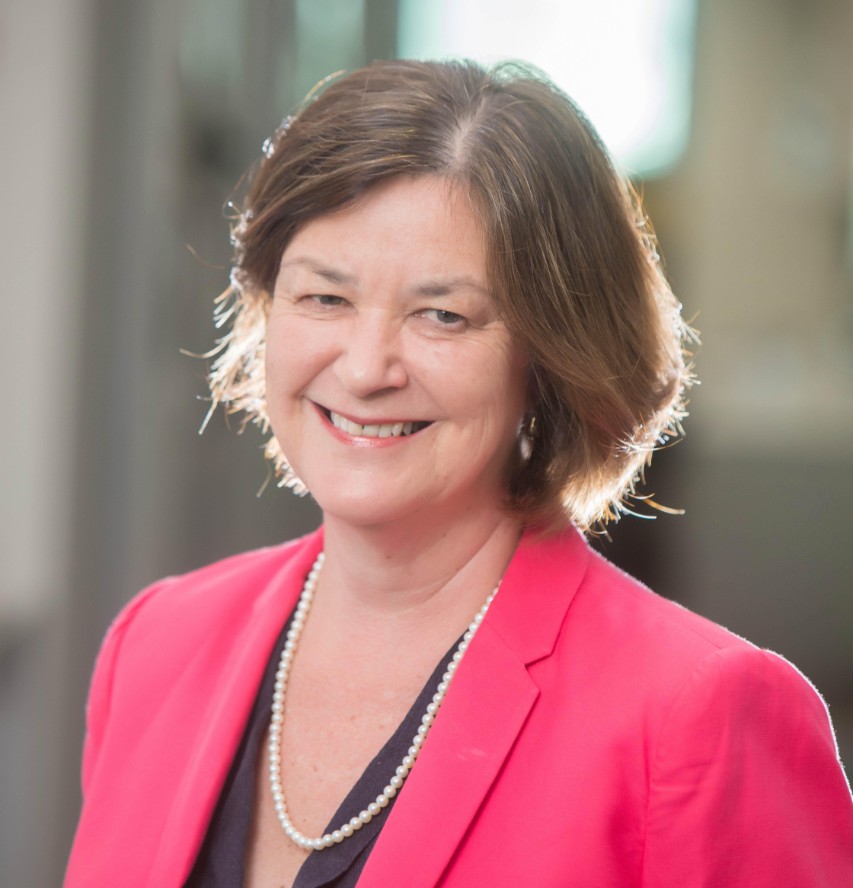
Professor Susan Clark is a worldwide pioneer in the field of cancer epigenetics.
Her research has revolutionised the field through pivotal contributions to the advancement of new technologies for detection of DNA methylation in early development and cancer, including the development of single molecule methylation analysis.
In the past five years, Susan has implemented new genome-wide sequencing and bioinformatic protocols to map DNA methylation, histone modification, nucleosome positioning, 3D-nuclear architecture and regulatory RNA profiles. This body of work has changed how the field understands the organisation and cell-type specific control of the 3D genome in cancer cells.
Importantly, she has demonstrated for the first time that epigenetic changes encompass genome-wide domains, resulting in coordinate gene silencing and activation and genome instability in cancer.
Susan’s research also revealed novel DNA methylation biomarkers for prostate and breast cancer detection, monitoring and prognosis. This extraordinary and significant achievement in furthering our understanding of the molecular processes in cancer epigenome remodelling has wide implications for epigenetic therapy.
Susan has been extensively recognised for the innovation and impact of her work (>14,600 citations, h-index 63, Google Scholar). A testament to her eminence in the field, Susan was invited to join the US-based ‘Stand Up To Cancer Epigenetic Dream Team’ to help implement epigenetic therapy trials. Much of her work has been performed in NSW with the last 15 years at the Garvan Institute of Medical Research. Her recent accolades also include Fellowship of the Australian Academy of Science, the Cancer Institute NSW ‘Make a Difference’ Award and Ramaciotti Foundation Medal of Excellence.
Category 4: Excellence in Engineering or Information and Communications Technology
Professor Albert Y. Zomaya
The University of Sydney
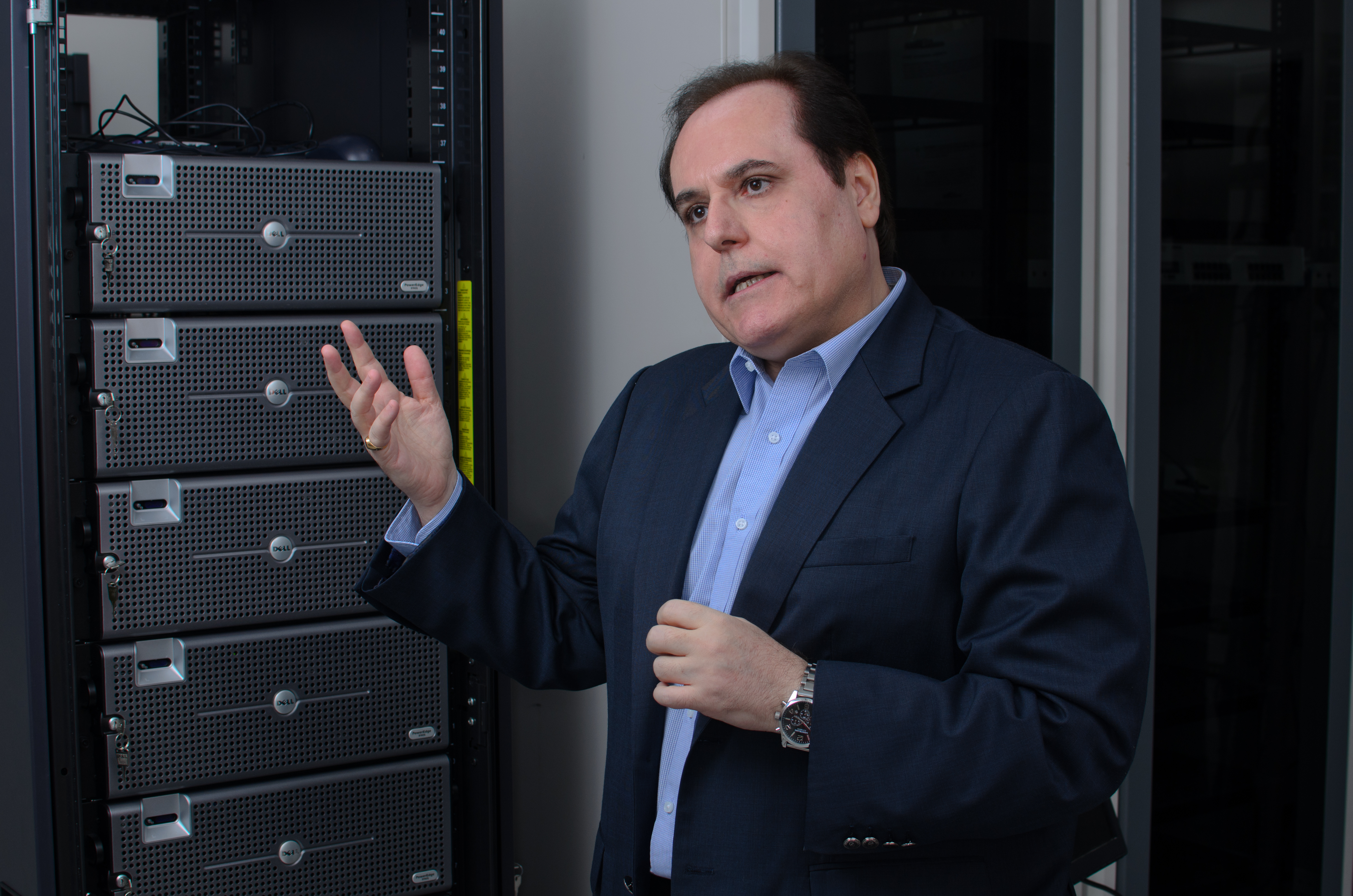
An acknowledged global leader in parallel and distributed computing, Professor Albert Zomaya’s conceptual innovations have produced new theories that enable better practical solutions for effective resource managementto achieve sustainable computing.
These engineering solutions are core to the Industry 4.0 – they underpin how we simultaneously distribute computation and storage (or both) across many processors in a wide range of applications, from advanced manufacturing to the Internet of Things.
Albert’s Energy Conscious Scheduling (ECS) approach is a critical ‘green’ breakthrough in the field. Rather than aiming simply for energy minimisation, ECS is holistic, managing energy consumption while processors are in use, and idle. This facilitates a near-optimal solution, with a confirmed reduction in energy consumed of up to 80 per cent. ECS is also universal, being applicable to almost any platform and technology. Albert’s work now underpins others’ research on accelerators and processor microarchitectures, enabling efficiencies in cloud datacentres, network applications and edge computing.
With 31 books and more than 600 papers (>19,000 citations, h-index 62), Albert has been recognised with the 2018 Wilkes Award, the 2017 Reginald A. Fessenden Prize, appointment as a foreign expert in the Thousand Talents Program 2017 (Tianjin University), received the IEEE Computer Society’s Technical Achievement Award 2014, and is a past winner of the Edgeworth David Medal. He is a Fellow of the IEEE, the American Association for the Advancement of Science, the IET, Member of Academia Europaea and 2013 Visiting Fellow of the UK’s Royal Academy of Engineering.
Category 5: NSW Early Career Researcher of the Year (Biological Sciences)
Dr Angelica Merlot
UNSW Sydney and Children’s Cancer Institute
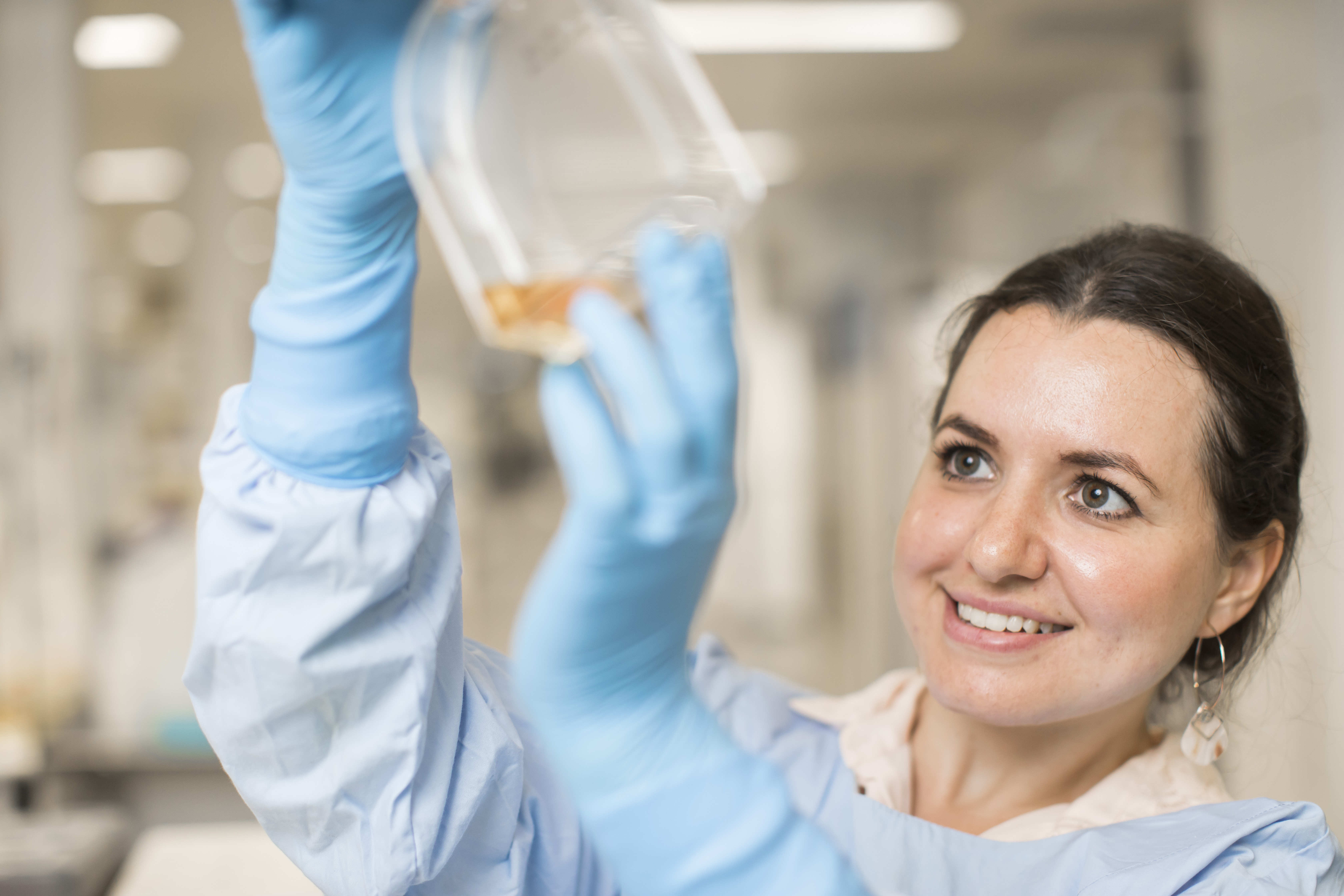
Though only awarded her PhD in 2013, Dr Angelica Merlot has already established herself as an emerging leader in the cancer research field.
Angelica’s work targets cancers that are almost always a death sentence, including pancreatic and brain cancer. Her work on novel anti-cancer drugs has aided the development and entrance of a new agent into a Phase I clinical trial in Australia for the treatment of advanced and resistant cancers. Importantly, these novel metal-binding anti-cancer agents target the triad of cancer death: tumour growth, drug resistance and metastasis, which accounts for 90 per cent of cancer fatalities.
Integral to Angelica’s research, she assesses drug activity, mechanisms of action and uptake in cells. She was the first to identify the endoplasmic reticulum as a target of these agents and to discover mechanisms to enhance their efficacy and drug delivery.
Angelica’s current research focuses on the development of nanoparticles to improve drug delivery and minimise side effects. She also aims to understand the complexities of the tumour microenvironment and drug resistance, with a focus on the endoplasmic reticulum.
Angelica has authored 30 original articles (9,227 citations, h-index 20) in respected international journals. In 2016, she received both an NHMRC Peter Doherty Early Career Fellowship and a Cancer Institute NSW Early Career Fellowship. In 2018, she was announced as the youngest-ever NHMRC grant recipient and awarded a Scientia Fellowship by UNSW Sydney. This year, Angelica was named the NSW Young Woman of the Year by the NSW Government and received the Tall Poppy Science Award.
Category 6: NSW Early Career Researcher of the Year (Physical Sciences)
Dr Neeraj Sharma
UNSW Sydney
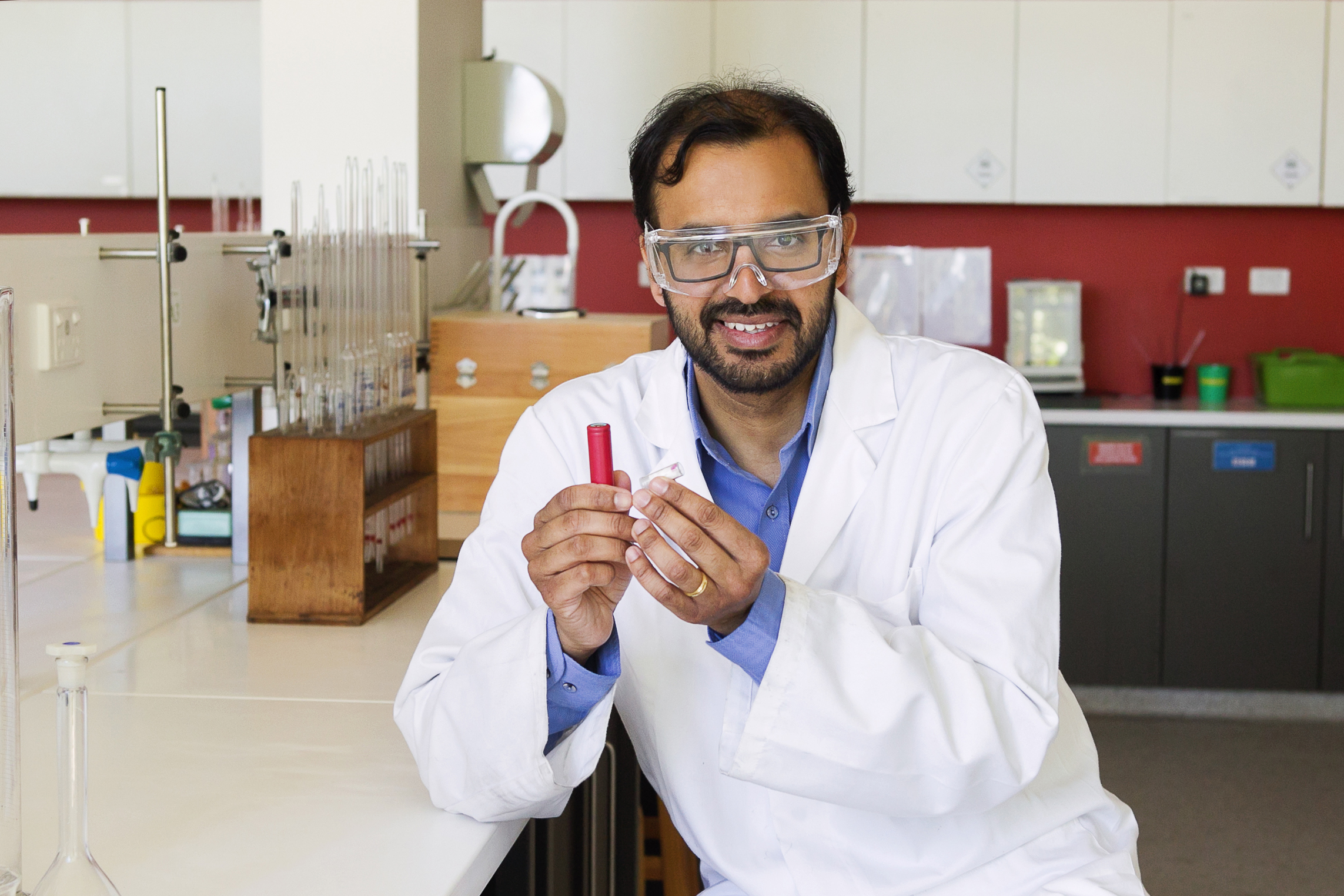
Dr Neeraj Sharma is a global leader in the use of neutron and X-ray scattering methods to study materials for next generation batteries. Neeraj works at the interface between crystallography and electrochemistry.
Examples of Neeraj’s breakthrough research were conducted at ANSTO, where he was not only the first to show the atomic-level function of ‘real’ lithium-ion batteries, but also expanded this work to alternative battery chemistries, such as sodium-ion batteries. This derived atomic information enabled Neeraj to develop new, better-performing materials. Further, a large fraction of Neeraj’s recent work has focused on industrial applications, which include joint projects with Volvo, Valence Technologies and others.
As renewables become integral to NSW’s future energy mix, Neeraj’s fundamental insights and applicable breakthroughs are coming into their own. From developing cost-effective alternative battery chemistries for renewable grid-scale energy storage applications, to continuously improving both ideal and commercial lithium-ion batteries, Neeraj’s advancements have the potential to change the way we live in NSW.
Neeraj has authored over 130 publications (>3300 citations, h-index 35). Last year, he was awarded the 2018 RACI Rennie Memorial Medal. In 2022, he will co-chair the International Meeting on Lithium Batteries in 2022 – the first time this prestigious event will be held in Australia in its 40-year history. In conjunction, he’s establishing the Australian Battery Society for researchers, industry and government.
Category 7: Leadership in Innovation in NSW
Professor Stephanie Watson
The University of Sydney
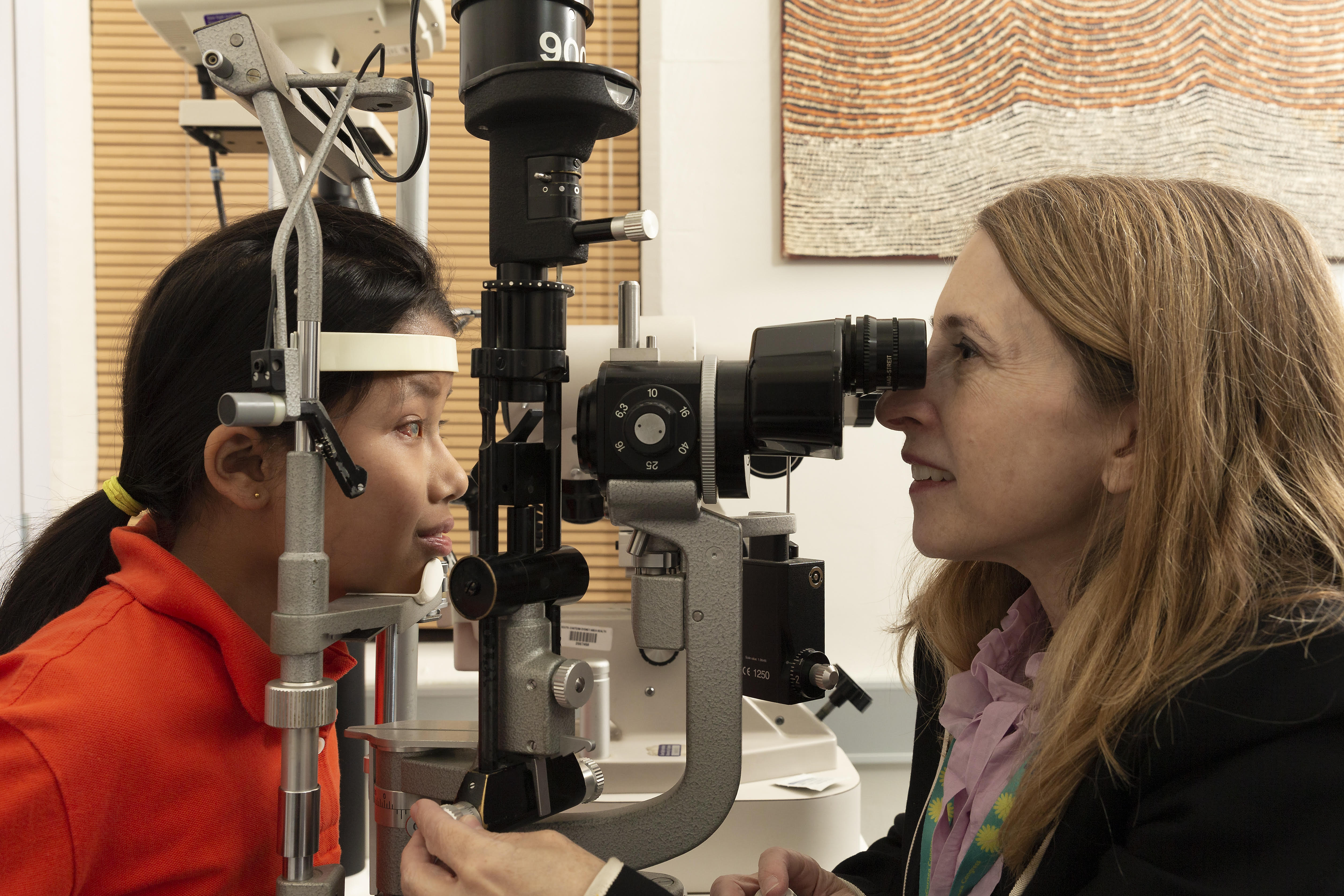
Professor Stephanie Watson is an innovator and clinician. Her ground-breaking discoveries have led to novel therapies for corneal diseases – globally, the most common cause of irreversible blindness. These innovations have not only provided solutions to restoresight and promote eye health, they now have changed clinical practice and improved patient outcomes.
Stephanie’s innovations have placed NSW and Australia on the global ophthalmology map, including an internationally recognised world-first stem cell therapy. These treatments utilise simple solutions to save sight and have a potential global market worth of over $20 billion.
Stephanie’s research has also established NSW as the national frontrunner in clinical trials, leading to real-world evidence that has directly improved patient outcomes. She developed the first local surveillance report and guidelines for corneal infection – work which has changed practice in NSW Health.
The impact of Stephanie’s research goes beyond the spheres of science and innovation. Her contributions to capacity building in NSW are significant, including training many future leaders in the lab and clinic, and advocating for eye research as Chair of the Board of the Ophthalmic Research Institute of Australia, NSW representative of Women in Ophthalmology and through the ANZ Corneal Society. She is an expert advisor to the Stem Cell Therapies Mission.
In recognition of her outstanding achievements, Stephanie has been made Fellow of the Academy of Asia-Pacific Professors of Ophthalmology, received the People’s Choice award and was Grand Final winner on ABC’s The New Inventors, and claimed first prize in the Medical Device Commercialisation Training Programme.
Category 8: Innovation in NSW Public Sector Science and Engineering
Professor John Wiggers
Hunter New England Local Health District
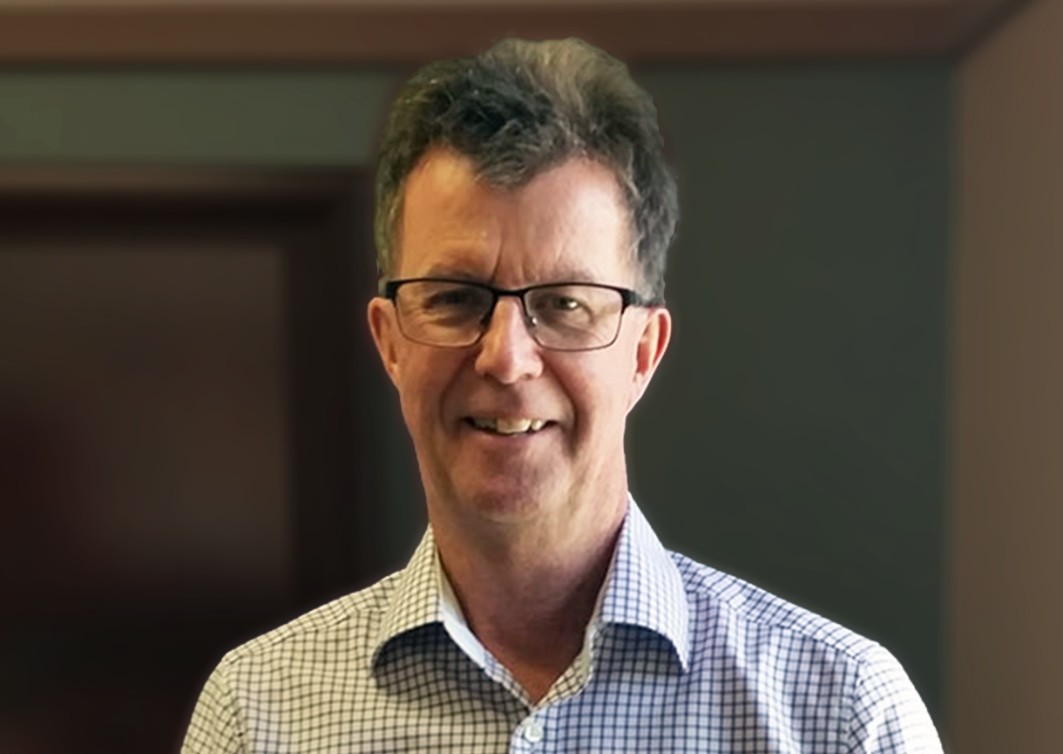
Professor John Wiggers is Director, Health Research and Translation and Population Health, Hunter New England Local Health District. His research has improved the health of up to a million people in NSW, through a focus on preventing chronic diseases and injury by targeting smoking and alcohol consumption, and by promoting healthy eating and physical activity. He is committed to closing the gap in life expectancy between Aboriginal and non-Aboriginal people.
John’s research is informed by the needs of both service providers and the community, based on a unique model of embedding research in a service-delivery environment. A feature is the ‘system’ and ‘capacity-building’ focus – working with health services and community organisations to co-design innovative health-care delivery programs, and to develop service provider skills in evidence-based decision-making.
Through partnerships with health services, schools, childcare providers, general practitioners and other community organisations, John has reduced childhood obesity in the Hunter Region. This initiative – Good for Kids, Good for Life – has won multiple regional, state and national awards, and has informed the NSW Premier’s Priority of reducing child obesity.
In addition to his current role, in which he is responsible for enhancing the conduct of clinically relevant research, John has previously served as the Acting Director of Population Health for NSW. He maintains these policy connections, sitting on many advisory boards and committees which inform and implement health policy across NSW. His influence on health policy extends both nationally and internationally, with his team recently being designated as a WHO Collaborating Centre in Non-Communicable Disease Program Implementation.
Category 9: Innovation in Science or Mathematics Teaching in NSW
Stuart Garth
Redeemer Baptist School
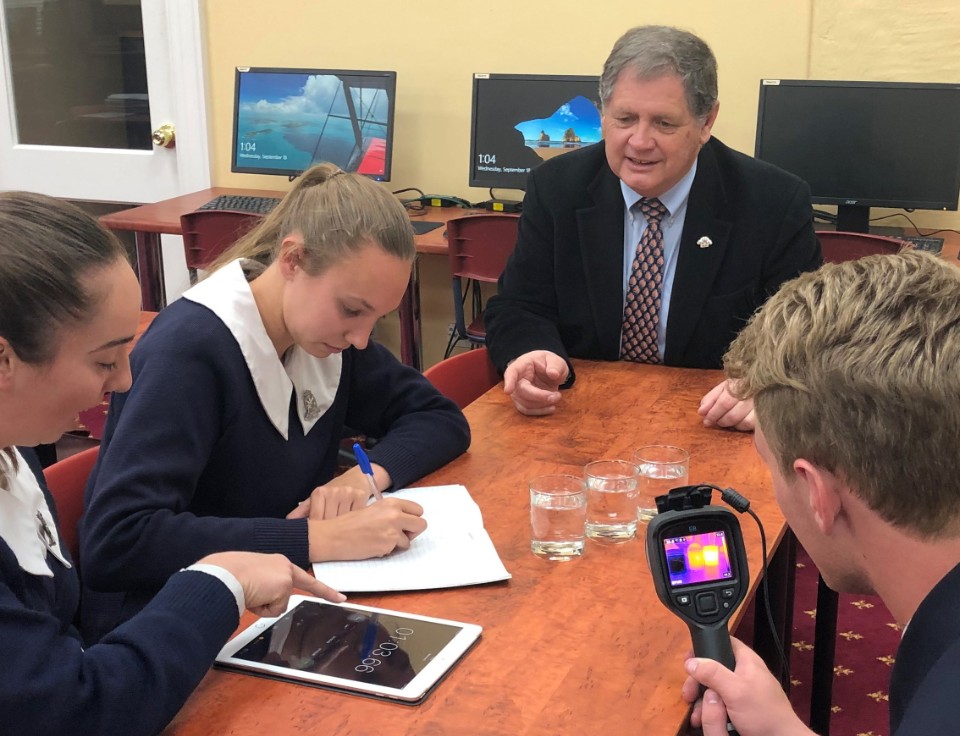
Stuart Garth has been actively teaching open-ended investigations at Redeemer Baptist School for over 30 years. His remarkable leadership has led to 15 of his students being selected to represent Australia at the world's largest pre-university STEM competition, the International Science and Engineering Fair (ISEF). This representation is three times greater than any other teacher in Australia, a particularly impressive result for a single-streamed school.
Stuart's innovative student-centred teaching style, has seen him mentor over 300 STEM projects, which have received more than 200 state, national and international awards. This dedication is essential in ensuring that our most promising students choose career paths in STEM-related fields and become the researchers and inventors of tomorrow.
Aside from his work at Redeemer Baptist School, Stuart has been at the forefront of the Science Teachers Association of NSW (STANSW) Young Scientist Committee for 20 years. This leadership has led him to develop a comprehensive website for students and teachers, including benchmark projects. In recent years he has single-handedly brought together the professional STEM Teacher Associations in the promotion of investigation awards that are entirely syllabus-based.
Furthermore, the new NSW Depth Studies and Science Extension Course are a result of Stuart's active deliberations with Kerry Sheehan from NESA, providing structured frameworks to conduct investigations in class time.
Stuart’s leadership has influenced not only students under his direct care, but thousands involved in the STANSW Young Scientist Competition and many thousands more who will benefit from the changes he has inspired in NESA's new science courses.



